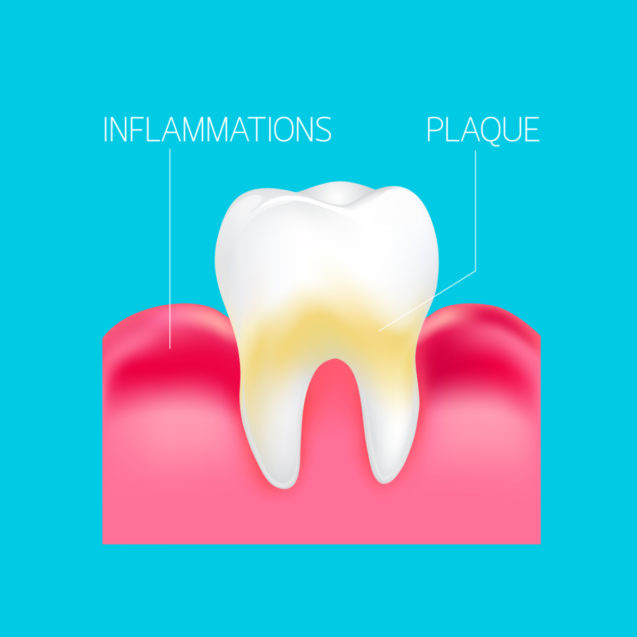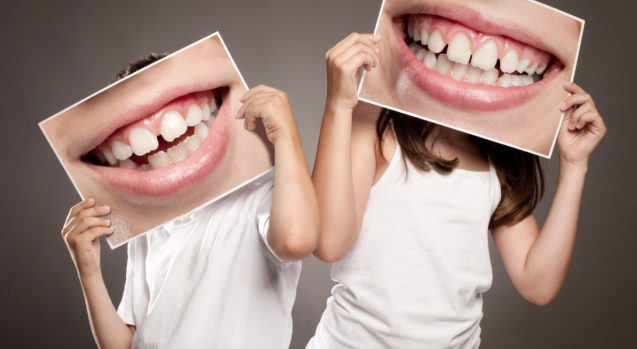DENTAL HYGIENE FAQ

What is an independent DH?
Dental hygienists are no longer required to work under the supervision of a dentist. Now our certified dental hygiene clinic provides independent oral care at much more affordable prices without compromising on procedure quality. Services include:
- Dental hygiene exams and screenings
- Calculus and plaque removal
- Removal of teeth stains
- Dental hygiene education and counselling
- And much more! Contact us for a full list of the oral health care services we provide.
Why should I see a dental hygienist?
Regular visits to a dental hygienist can help improve your tooth and oral health while also increasing your overall life quality. Dental exams and cleanings help to:
- Prevent tooth decay
- Protect against gum disease and tooth loss
- Eliminate halitosis
- Give you a healthier-looking smile


Do I need regular check ups?
While your teeth may look okay from your end, issues can be ongoing without you realizing it. Some oral health complications also are not detectable by the naked eye. By visiting a hygienist and having a more in-depth examination, you ensure that everything is actually progressing well.
A thorough hard and soft tissue is essential to prevent and maintain areas of the oral cavity.
How to maintain oral hygiene inbetween dental hygiene appointments
We highly recommend you maintain daily dental care habits in order to optimize your oral health. Here are several steps you should be taking:
- Brush your teeth at least twice a day and floss or use an interdental aid at least once.
- Employ toothpaste with fluoride and consult with a hygienist to see if you should be using a fluoride rinse as well.
- Minimize the amount of high-sugar foods in your diet, which can cause greater plaque buildup as well as tooth decay.
- Schedule regular dental hygiene exams to get more thorough cleanings and identify potential oral health issues earlier on.


What is a cavity?
Cavities are formed as a result of unchecked tooth decay, where spots in the enamel are worn away, destroying the tooth structure. Tooth decay happens when the teeth are exposed to sugars and starches, and the bacterial plaque on the teeth secrete acids as a response. These acids eat away at the enamel and can tear it down entirely if not taken care of.
While cavities are common in children, the truth is that they can appear in anyone’s teeth regardless of age, especially if they indulge in a high-sugar diet. Another common cause of cavities is gum line recession which can progress as one gets older, exposing lower portions of the teeth to plaque. Symptoms of cavities can include hypersensitivity to cold or heat in a particular tooth and persistent pain in the tooth. In addition, visible indicators such as pits or holes in the teeth. To treat a cavity, it’s best to detect in early stages, otherwise the tooth decay may advance to the point where a root canal or a more severe procedure is required to rectify the situation. If caught early enough, a simple cleaning and filling may be all that’s needed to eliminate a cavity. If too much of the tooth structure is compromised, a crown may be used instead.
What is the scope of a dental hygienist in detecting a cavity?
Upon a thorough assessment of the oral cavity, we evaluate all areas of the soft and hard tissues. If we see any areas of concern, we would refer you to a dentist or specialist for further diagnosis and assessment.


What is plaque?
Whether you like it or not, plaque is constantly forming in your mouth, 24 hours a day, every day. Left alone, it can cause a wide variety of oral health issues, such as tartar deposits, gum disease, and tooth decay. If dealt with on a regular basis, it remains a simple matter to remove, improving your ability to keep your gums and teeth healthy.
Plaque is a soft, sticky bacterial coating that forms on your teeth. When it comes into contact with the sugars and starches from your food and drink, this bacteria then secretes acids that can eat away at your enamel and cause cavities and other dental complications. If left to develop for too long, plaque then solidifies into a substance known as tartar, which can then only be removed by a qualified dental hygienist or dentist.
While regular brushing and flossing can help slow plaque buildup, it won’t eliminate it completely. Even regular rinsing can only impede it to a limited degree. That’s why it is vital to visit a dental hygienist for more thorough plaque removal. A visit once every 6 months is highly recommended in order to keep your plaque under control. A dental hygienist will be able to monitor for oral health issues caused by plaque, such as gingivitis or periodontal disease.
Periodontal disease, also known as gum disease, is one of the most common types of human diseases. The signs of gum disease may include bleeding or swollen gums. It’s an infectious condition that can result in the destruction of gum tissue and bone. If left untreated, the bacteria that cause gum disease may travel through the blood stream increasing the chance of heart disease, stroke, respiratory diseases and pregnancy complications.
The link between oral infections and other diseases in the body is becoming well documented and accepted within the health care community. It underscores the importance of good oral hygiene and the role dental hygienists play in preventing oral disease.
For more information on dental hygiene and our profession, please visit the Ontario Dental Hygienists Association (ODHA) and the Canadian Dental Hygienists Association (CDHA) websites.
What is tartar or calculus removal?
Dental tartar (also referred to as dental calculus) is formed when plaque fossilizes on the teeth, creating a solid matrix of bacteria above and below the gum line. This plaque initially forms as bacteria feeds off food and drink remnants left on the teeth throughout the day. By itself, plaque can cause tooth decay and gum disease—but when left to create dental tartar, the situation can become far worse. Initial stages of tooth decay and gum disease, usually known as gingivitis, can quickly advance to periodontal disease, where tooth and bone loss become possible.
Tartar can also trap substances against the teeth, increasing the chances of stained enamel and overall discoloration. Unlike plaque, which can be mostly controlled by regular flossing, brushing, and rinsing of the teeth, tartar forms a much stronger bond and can only be removed by dental professionals (such as a dental hygienist).
Having your teeth cleaned of plaque every six months is a good initial step to preventing dental calculus. But if tartar does form, having a dental hygienist remove the buildup as soon as possible is wise so further complications don’t arise.

We accept those with or without Dental Insurance.
Our rates are helpful for those without dental insurance, and/or a fixed income. It allows you to easily budget for your next cleaning appointment. Those with dental coverage can effectively manage and minimize their yearly maximum spending allowance.
